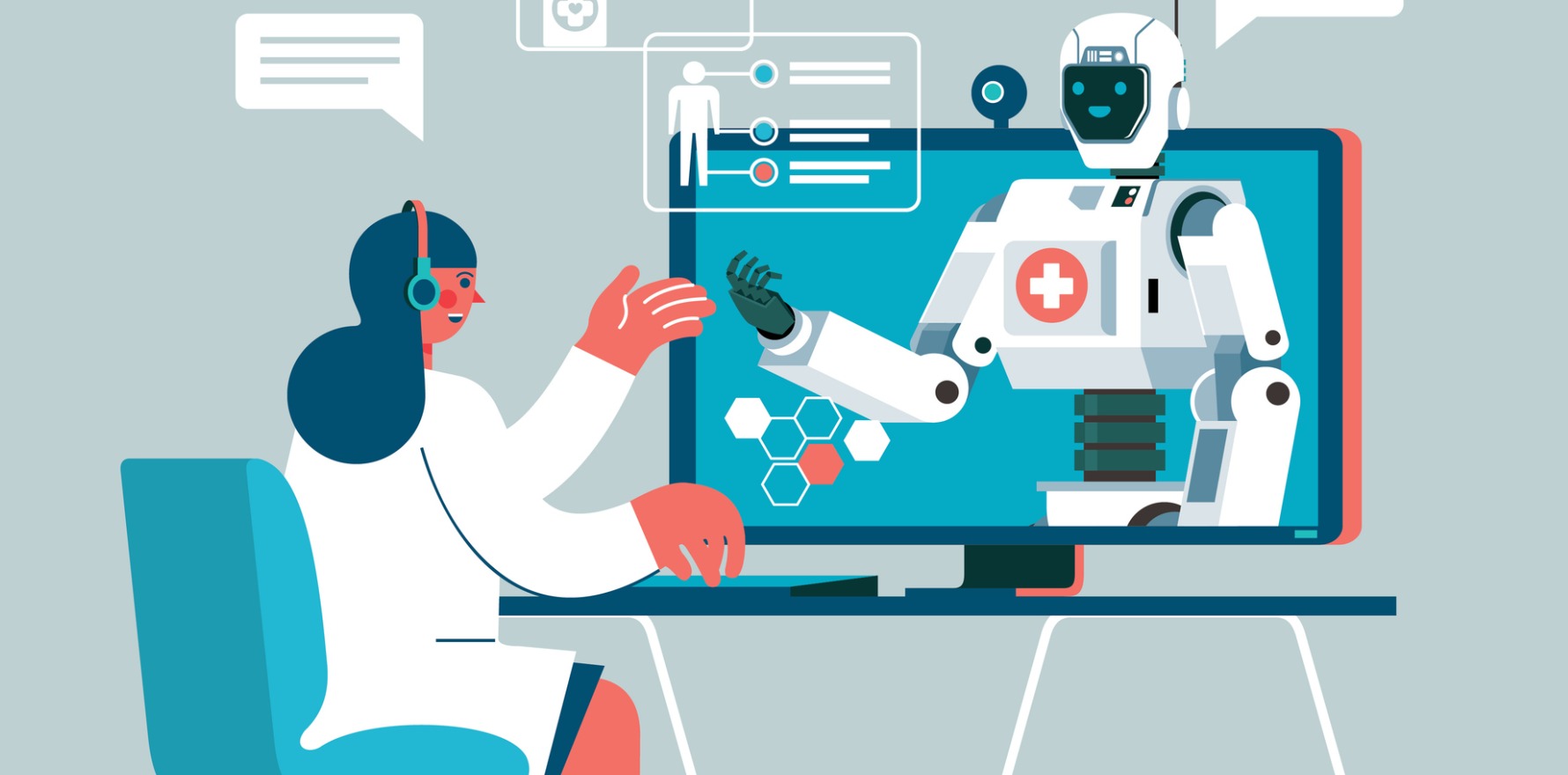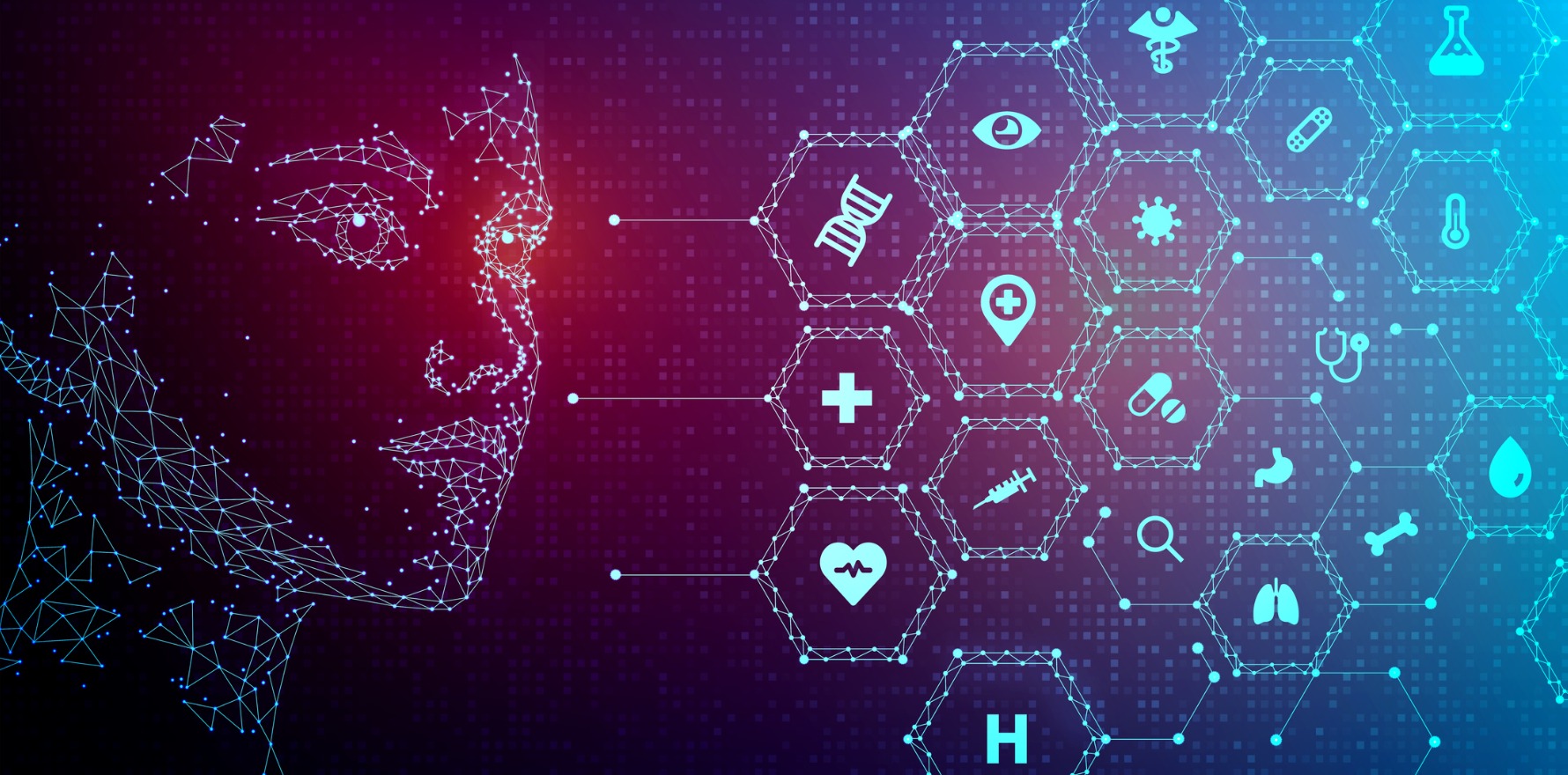Apps shouldn’t be foisted on GPs without their detailed input, and ‘automating the clinician’ shouldn’t be the aim.
Software solutions in healthcare must be designed for and developed with doctors, which has historically not been the case, says the CEO of AI scribe company Lyrebird.
As health workforce shortages continue, particularly in remote and rural areas, and the pressure on general practice continues to escalate, attempts to lessen the burden are intensifying.
Technology, particularly AI, is an avenue of growing interest.
In a recent opinion piece in Insight+, leader of the Australian Alliance for AI in Healthcare Professor Enrico Coiera and postdoctoral research fellow in generative AI Dr David Navarro, who trained as a GP, urged GPs to “consider the benefits of generative AI”.
“Given current trends, Australia will have a deficit of over 10,000 GPs by 2031,” the pair said.
“Existing GPs are leaving the profession and 13% fewer medical students are choosing to go into general practice.
“Burnout and poor career progression options are often mentioned as reasons for GP dissatisfaction.
“The appropriate use of AI, and generative AI in particular, could be part of the answer to alleviating some of these pressures.”
But some GPs have concerns that rather than listening to the needs of the community, AI moguls are pushing products without sufficient consultation.
If futurists, technologists, economists, & lobbyists stopped "urging"us to adopt THEIR ideas,we could actually collaborate &add value. Stop this. Please. Our patients deserve better than your marketing, nudging, &"urging". We have valid opinions of our own @EnricoCoiera @dafraile pic.twitter.com/rLba2aOU0P
— Louise stone (@GPswampwarrior) April 15, 2024
Speaking to The Medical Republic, CEO and co-founder of Lyrebird Health, an AI scribe product for medical professionals, Kai Van Lieshout said he understood doctors’ “kneejerk” reaction to be wary of emerging technologies.
“I think in general, most doctors are used to being told to use a new piece of software,” he said.
“And that usually just means more work and more time away from the patients, which is really unfortunate.”
Instead, doctors should be at the centre of software development, said Mr Lieshout.
“It’s all about doctor involvement, GPs and other specialists, but it’s obviously specific to the product,” said Mr Lieshout.
Although Lyrebird’s approach involved consultations with GPs and building the product to GPs’ specifications, as has their integration with practice management software Best Practice, this approach was not all that common across the sector, said Mr Lieshout.
“It’s unfortunate that, in some cases, [doctors] have been given software solutions that are designed for another task.
“Doctors should be the complete centrepiece of every part of product development.
“They should be considered the central source of truth and everything else is an assumption.”
Mr Lieshout said “automating the clinician” had never been an aim of Lyrebird.
Instead, the company were looking to “turn paperwork into a thing of the past” enabling doctors to spend more time focusing on patients.
Related
Mr Lieshout hoped the future of AI would allow 100% of a doctor’s day to be devoted to treating patients.
“There’s a very large, untapped part of the doctors’ work at the moment that still pulls them away from treating their patient.
“I think it’s important when we look at this, it’s not how can we use AI to solve a problem, but really starting with the problem itself, and then working through the solution for that be that AI or something else.
“All products and solutions should start with solving a problem and AI is just a tool to do that.
“It shouldn’t be something that’s inserted just because it’s cool and fun.”
This article was updated 12.45pm 17 April 2024 to include mention of Lyrebird’s integration with practice management software Best Practice. The following quote was updated at the source’s request: “It’s unfortunate that, in general some cases, [doctors] have been given software solutions that are designed for another task”.





